The world of rechargeable batteries is vast, with numerous brands vying for the top spot in terms of reliability, longevity, and performance. As technology advances, the demand for high-quality batteries has grown, making it crucial to select brands that consistently deliver excellence. From household names that have dominated the market for years to newcomers offering innovative solutions, the choice can be overwhelming. To help you navigate this electrifying landscape, we've compiled a list of the best brands for rechargeable batteries, ensuring you make an informed decision.

Illustration of battery
Best brands of battery in 2025
Energizer
Energizer Holdings is a leading producer in the battery market, known for its robust product portfolio and strong distribution network. The company's Energizer MAX family batteries, particularly the AA and AAA sizes, are bestsellers, contributing significantly to its market share. In the fiscal year 2023, Energizer Holdings reported a 2.6% increase in net sales, driven by organic growth of 2.0%, and achieved a gross margin of 37.9% for the fourth quarter. The company's global pricing actions and the timing of holiday orders also positively impacted its sales. Energizer's commitment to innovation and quality has solidified its position in the global battery market. For more detailed financial insights and information, visit their investor relations page.
Duracell
Duracell is a leading brand in the battery market, known for its high-quality and long-lasting products. In 2020, Duracell held a significant market share of 60.7% in the UK and increased its share in the away-from-home battery market in the U.S. from 48% in 2012 to 56% in 2014. The company's strong foothold is attributed to its wide range of products, including the popular AA and AAA sizes, and innovative marketing strategies such as the launch of Duracell Optimum. Duracell's commitment to innovation and customer satisfaction has made it a dominant player in the global alkaline battery market. For more information about Duracell and their range of products, visit their official website.
Panasonic
Panasonic is a leading producer of electric vehicle (EV) batteries, with a significant global market share. Despite a recent 60% cut in domestic EV battery production in Japan due to slower-than-expected sales, Panasonic remains a key supplier to Tesla, with over 80% of its EV battery production going to the company. In 2023, Panasonic held a 14% market share in the global electric battery market outside China, with an installation volume of 44.6 GWh and a growth rate of 26.8% compared to 2022. The company produces advanced 2170 and 4680 battery cells, primarily for Tesla models, and operates the largest lithium-ion battery manufacturing facility in the world at the Tesla Gigafactory in Nevada, producing 38 gigawatts of lithium batteries annually. Panasonic's global EV battery production is supported by subsidies, such as the $185.2 million in federal U.S. subsidies received in Q2 2023. For more details on Panasonic's domestic EV battery production, visit this informative article.
Sony
Sony is a leading producer of lithium-ion batteries, known for its high-quality and innovative products. The company has been at the forefront of lithium-ion battery technology since introducing these batteries to the market in 1992. Sony has invested significantly in expanding its production capacity, with a notable investment of about 40 billion yen ($372 million) to increase its monthly output from 41 million cells to 74 million cells by 2010. This expansion highlights Sony's commitment to meeting the growing global demand for lithium-ion batteries, which are used in a wide range of products including mobile phones, laptops, and digital cameras. The lithium-ion battery market, in which Sony is a key player, is projected to grow at a CAGR of 17.1% from 2024 to 2031.
LG Chem
LG Energy Solution, formerly the battery sector of LG Chem, has solidified its position as a leading global battery producer. In 2023, the company produced batteries worth approximately 38.56 trillion South Korean won, reflecting significant growth over the years. LG Energy Solution secured a market share of 28.7% in the global EV battery market excluding China in the first half of 2023, with a total capacity of 41.1 GWh. The company has also secured large-scale supply agreements, including a 50GWh contract for cylindrical batteries with a major automaker in North America. Additionally, LG Energy Solution is expanding its production capacity, aiming for an annual battery production of 20 gigawatts in its Michigan factory. For more detailed insights, check out their official release.
Samsung SDI
Samsung SDI is a leading producer of lithium-ion batteries, manufacturing around two billion units of small-sized batteries in 2023. The company holds a significant position in the global EV battery market, although its combined market share with other Korean firms like LG Energy Solution and SK On declined to 20.2% in the first 10 months of 2024. Samsung SDI is also advancing in solid-state battery technology, aiming for mass production by 2027 and targeting batteries with a 20-year lifespan by 2029. Their solid-state batteries boast an energy density of 500 Wh/kg, nearly double that of current EV batteries. Additionally, Samsung SDI has a 5% share in the global lithium-ion energy storage system (ESS) market as of 2023. For more insights on Samsung SDI's small-sized lithium-ion battery production volume, visit Statista.
CATL
CATL (Contemporary Amperex Technology Co. Limited) is the world's leading manufacturer of EV batteries, having dominated the global market for seven consecutive years. In 2023, CATL's EV battery consumption volume reached 259.7 GWh, with a market share of 36.8%, significantly ahead of its competitors. The company has maintained its top position with innovative products like the Qilin battery, achieving 72% volume efficiency and 255 watt-hours per kilogram energy density. CATL supplies major EV automakers such as Tesla, NIO, and Volkswagen, and has set a manufacturing capacity target of over 500 GWh by 2025. Its global market share has consistently been over 30%, solidifying its position as a leader in new energy technologies.
Bosch
Bosch, although it abandoned its plans for in-house electric vehicle battery manufacturing due to the high investment requirements of approximately EUR20 billion to achieve 200 gigawatt-hours of production capacity by 2030, remains a significant player in the battery market. The company focuses on providing advanced battery technologies, such as solid-state lithium-ion batteries, and offers comprehensive solutions for battery module and pack production. Bosch Manufacturing Solutions supplies automated assembly lines for battery production, ensuring high quality and safety standards. For instance, their Eisenach plant produces 48-volt batteries for hybrid vehicles, reducing emissions and fuel consumption. Despite not manufacturing battery cells themselves, Bosch continues to innovate in battery technology and production processes.
Varta
VARTA AG is a leading global battery supplier, renowned for its innovative battery technologies and comprehensive product portfolio. The company specializes in microbatteries, lithium-ion solutions, and household batteries, with a strong presence in Europe, Asia, and North America. VARTA's lithium-ion cells boast an energy density four times higher than lead-acid batteries and a discharge depth of 90 percent. Despite financial challenges, VARTA continues to invest heavily in research and development, employing 200 R&D employees worldwide. However, the company is currently undergoing a significant restructuring process to address its debt burden and restore financial stability.
BYD
BYD, or Build Your Dreams, has solidified its position as one of the world's leading producers of electric vehicle (EV) batteries. In the January-September 2024 period, BYD's power battery installations reached 98.5 GWh, marking a 28% increase from the same period in 2023. The company holds a significant 16.4% share of the global EV battery market, up from 15.9% in the same period last year. BYD's dominance is also evident in China, where it produced 15.82 GWh of EV batteries in October 2024, accounting for 26.73% of the total market. With its innovative technologies, such as the fifth-gen Dual Motor (DM) hybrid tech, BYD continues to drive growth and reduce costs in the EV sector. For more detailed sales statistics, visit their BYD sales statistics page.










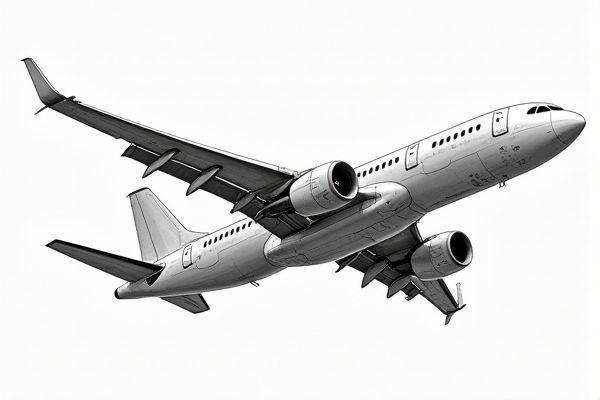
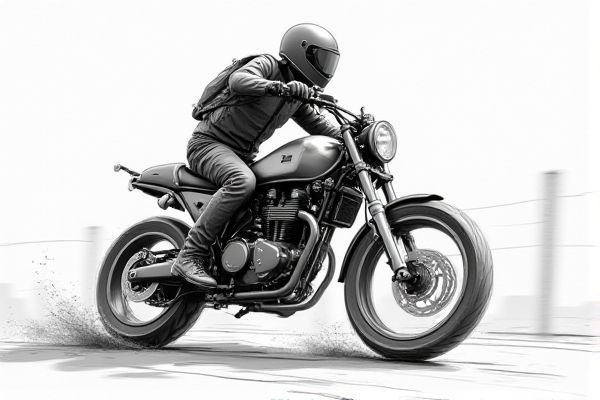
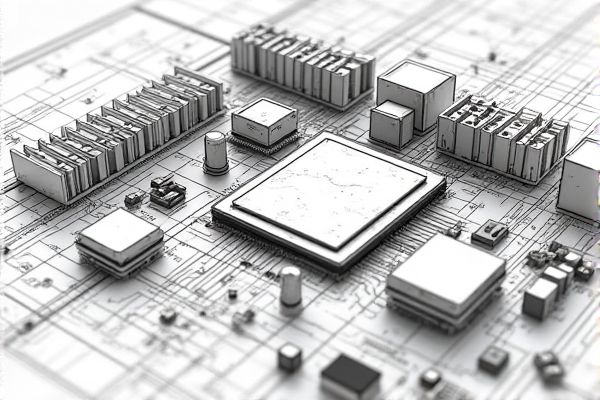
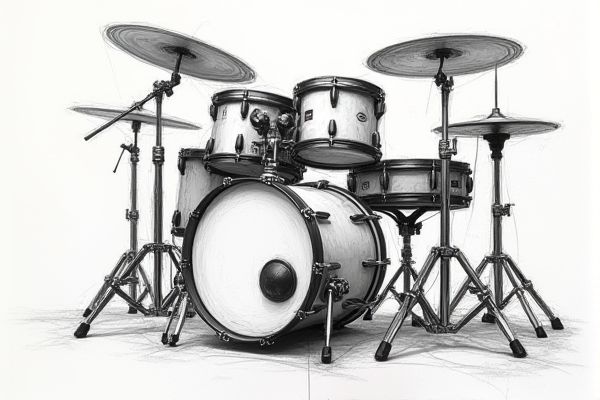
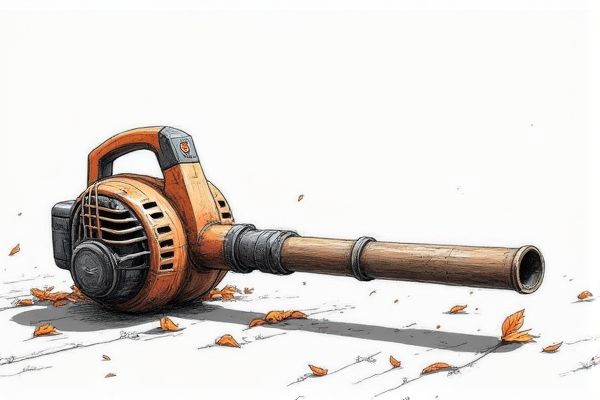
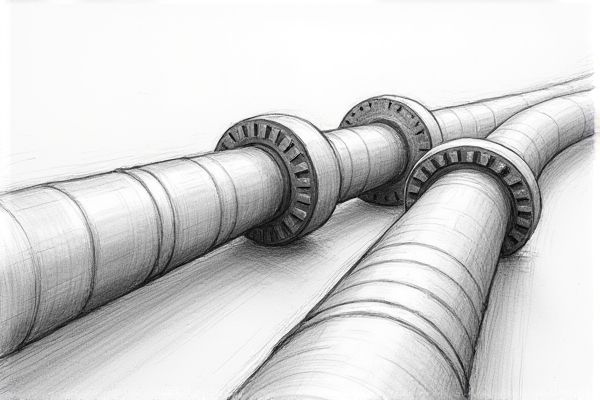
Leave a Reply
Your email address will not be published.